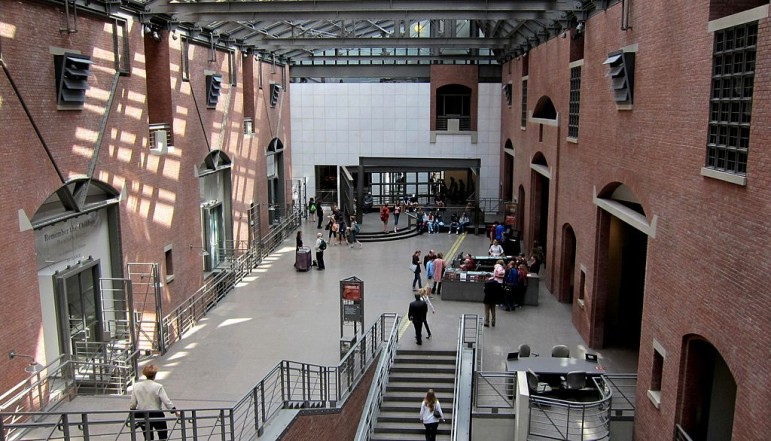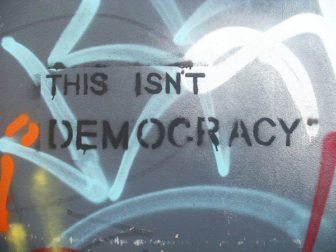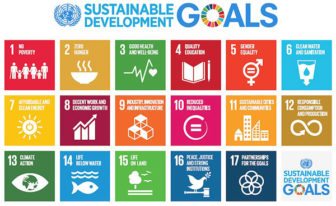
September 24, 2015; Newsweek
Is it possible to accurately predict and prevent state-sponsored mass killings? The United States Holocaust Museum believes so and has initiated The Early Warning Project under its own Simon-Skjodt Center for the Prevention of Genocide and the Dickey Center for International Understanding at Dartmouth College. To predict atrocities at the earliest possible moment, the project will combine statistical analysis with expert opinions to sense the danger in enough time to prevent genocide. The project fits into one of the museum’s three mandates, namely to “alert the national conscience … to insure that such a totally inhuman assault as the Holocaust – or any partial version thereof – never recurs.”
The Early Warning Project describes its goals as follows:
- to help set the policy agenda on situations requiring early action;
- to provide concerned individuals and organizations with powerful and reliable analytic assessments of countries and populations most at risk;
- to generate pressure for early and effective response by mobilizing the larger atrocities prevention community, journalists and the public around priority cases;
- to enhance public discussion on the continued risks and ongoing need for genocide and atrocity prevention policies; and
- to advance the state of the art in atrocity prevention.
“Most of these countries will be put on the radar once the first shot is fired and once the bodies begin to pile up,” says Cameron Hudson, director of the Simon-Skjodt Center for the Prevention of Genocide.
Sign up for our free newsletters
Subscribe to NPQ's newsletters to have our top stories delivered directly to your inbox.
By signing up, you agree to our privacy policy and terms of use, and to receive messages from NPQ and our partners.
On Monday the project released a report with a list of the countries currently most at risk. The ten countries it see most at risk in the future are:
- Myanmar
- Nigeria
- Sudan
- Egypt
- Central African Republic
- South Sudan
- Democratic Republic of Congo
- Afghanistan
- Pakistan
- Yemen
The countries experiencing significant increases in risk are Ukraine, Burkina Faso, and Libya among others. These lists are of places where risks exist but not yet the killing itself which would explain the absence of Syria. “The project considers countries with populations of more than half a million people and defines a new episode as one that includes the state-led or state-directed killing of more than 1,000 noncombatant civilians within a period of less than 12 months.”
There are three different risk-assessment models in use as an ensemble including social science theories, research results and historical data but it is still largely experimental. “One of the things that our system will do over time is begin to shed light on which combination of factors and indicators are going to have the greatest impact or likelihood of causing a new onset,” says Cameron Hudson of the Simon-Skjodt Center.
The project will also make use of an expert opinion pool, crowdsourcing thoughts about the state of various countries from people with expertise in that region, in the field of mass killings, and others. Anyone can register, however. –Ruth McCambridge













